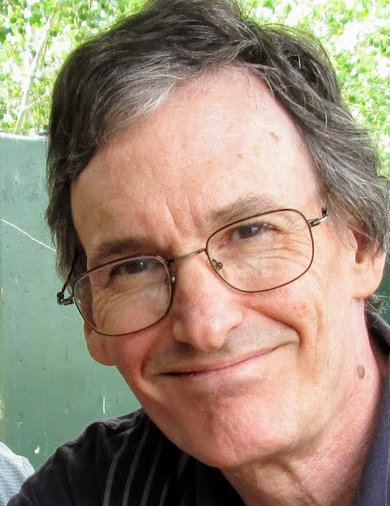I am excited to announce:
|
AuthorScott F. Olds, Psychotherapist Categories
All
Archives
February 2024
Call Scott at
|
Package Discount: Get a 4-session package for 10% off! Call for details.
I offer sessions in the office, in an open space (weather permitting), by phone, and by video sessions for your safety and convenience. Take a deep breath and give me a call at (303) 817-8369 or email me at [email protected].
Confidential: I am HIPAA compliant, so your privacy is protected.
Crisis Information: If you are in crisis, call Colorado Crisis and Support at 844-493-8255 or the national Suicide and Crisis Lifeline at 988 for 24/7 for help in an emergency. These lifelines provide free and confidential support for people in distress, prevention, and crisis resources for you or your loved ones.
(303) 817-8369
[email protected]
10960 W. 65th Way
Arvada, Colorado 80004
My office is in Arvada, Colorado.
Privacy Policy





